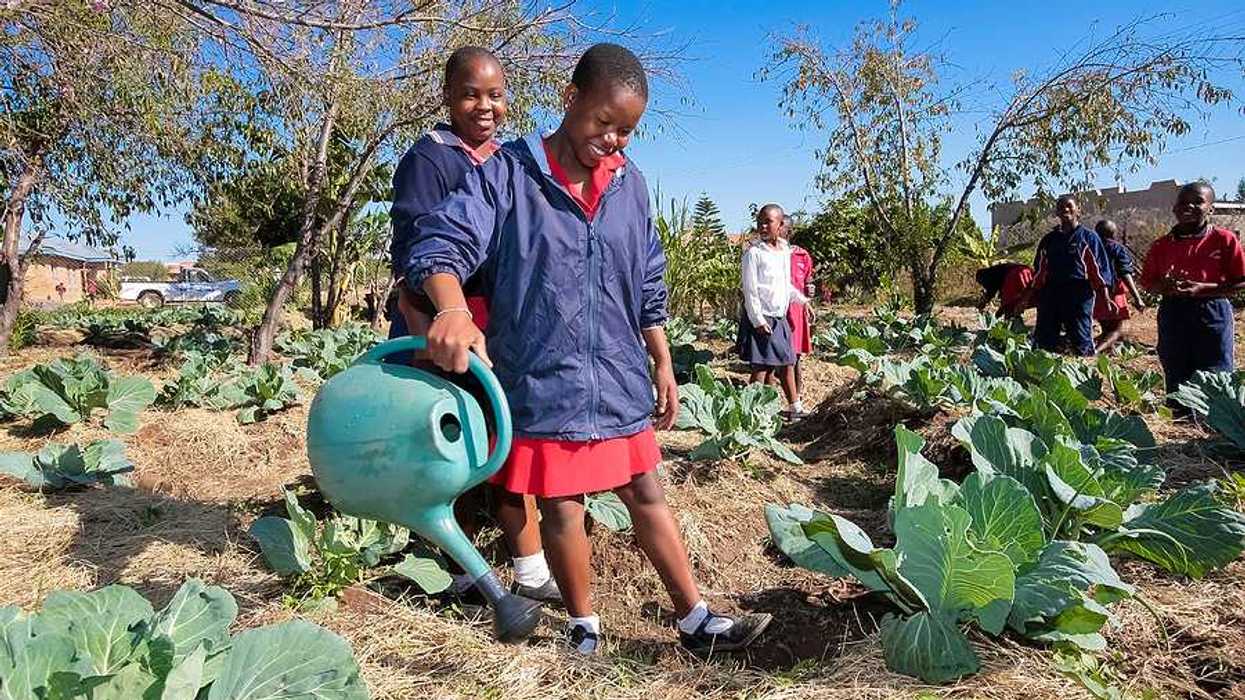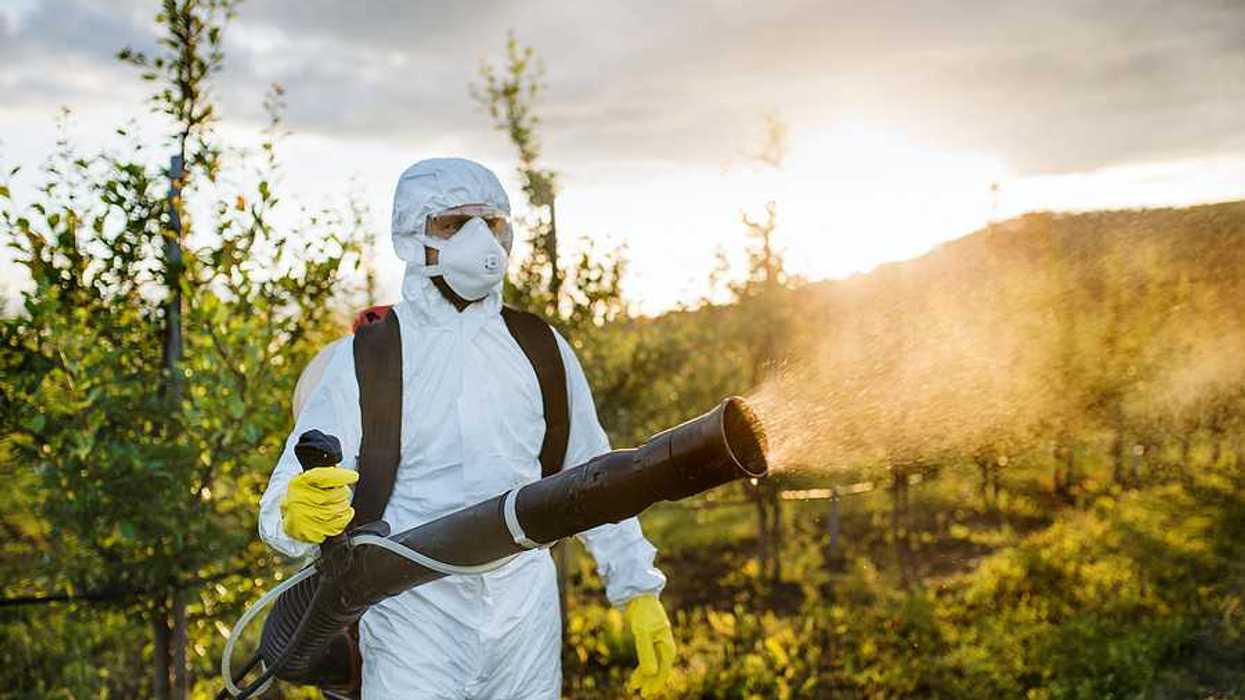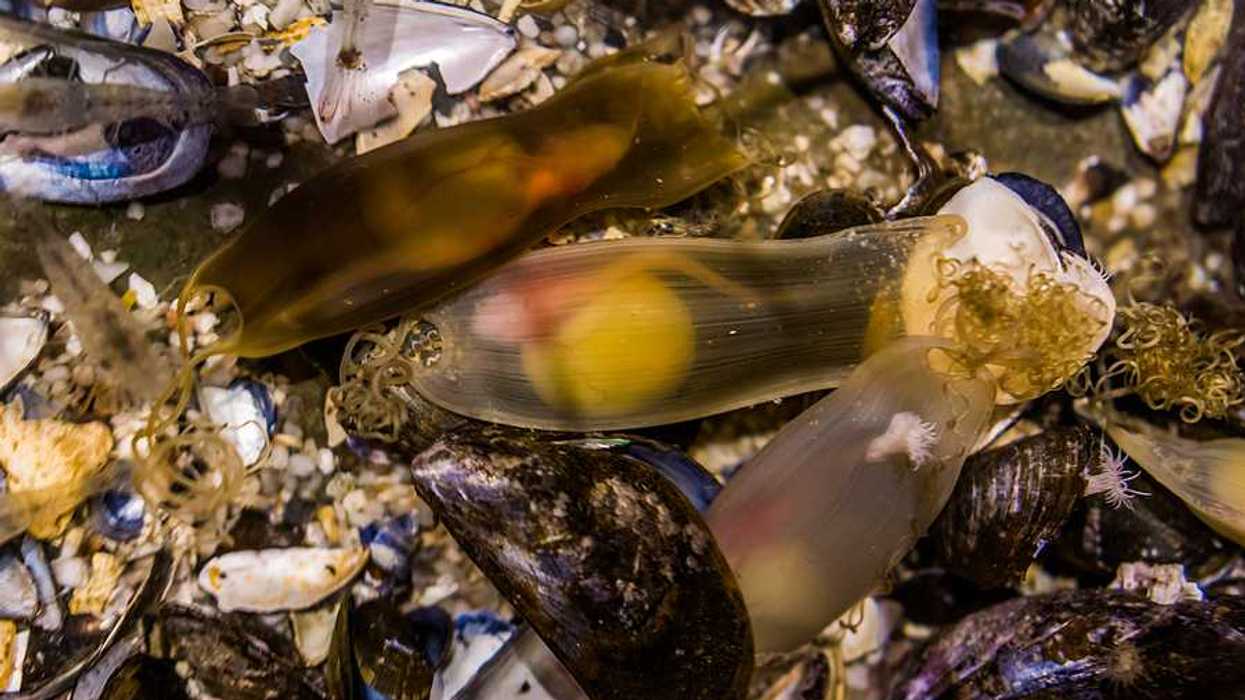A groundbreaking documentary premieres at SXSW, shedding light on the pervasive and potentially perilous impact of microplastics on human health. EHS founder and chief scientist Pete Myers is featured in the film.
Andrew Jacobs reports for The New York Times.
In short:
- Microplastics, tiny particles less than five millimeters in size, are now ubiquitous, found from ocean depths to human bodies, including the brain.
- Recent studies suggest a potential link between microplastics in the human body and health risks like heart attacks and strokes, although more research is needed.
- "Plastic People," a documentary, explores the growing body of science around microplastics and their potential impact on human health.
Key quote:
"It doesn’t matter if you’re rich or poor, there’s no sheltering yourself from this kind of new pollution."
— Rick Smith, president of the Canadian Climate Institute
Why this matters:
The pervasiveness of microplastics is startling, with studies finding them not just in remote oceans and glaciers, but also in our drinking water, foods, and even within the human body. Their small size allows them to be easily ingested by marine life, entering the food chain and potentially impacting human health when consumed through seafood and other contaminated foods.
Bird bacteria, donated poop and artificial colons: scientists are piecing together troubling evidence that tiny plastic bits disrupt our digestion and microbiome.














